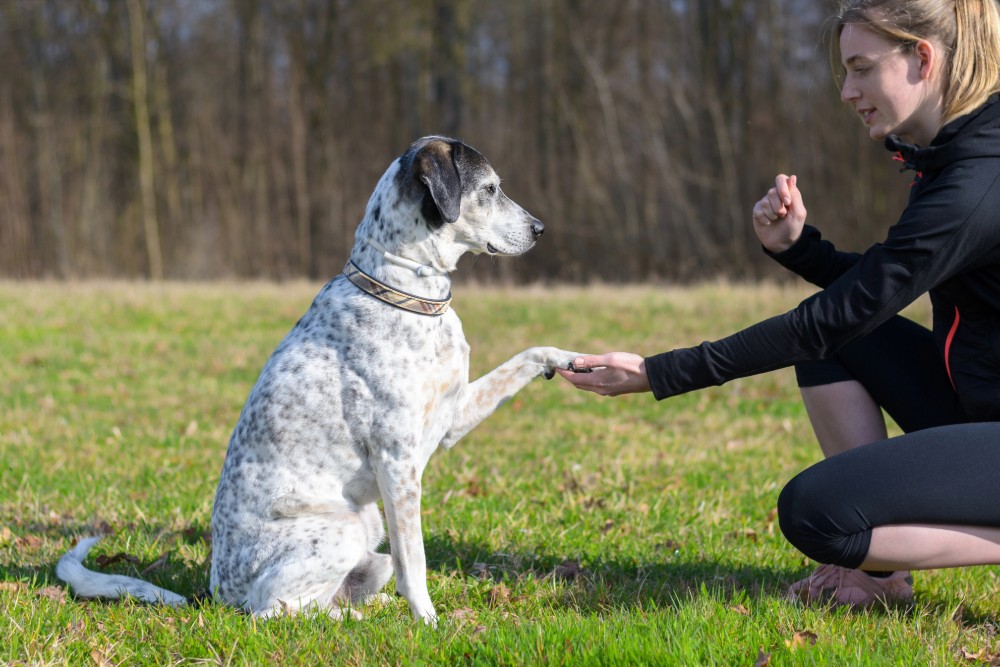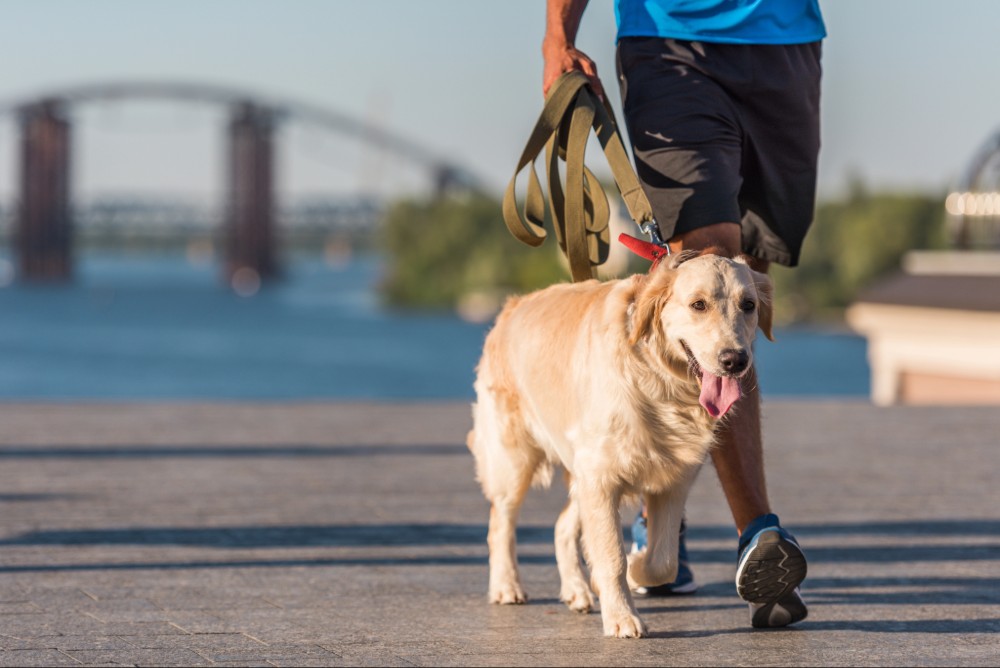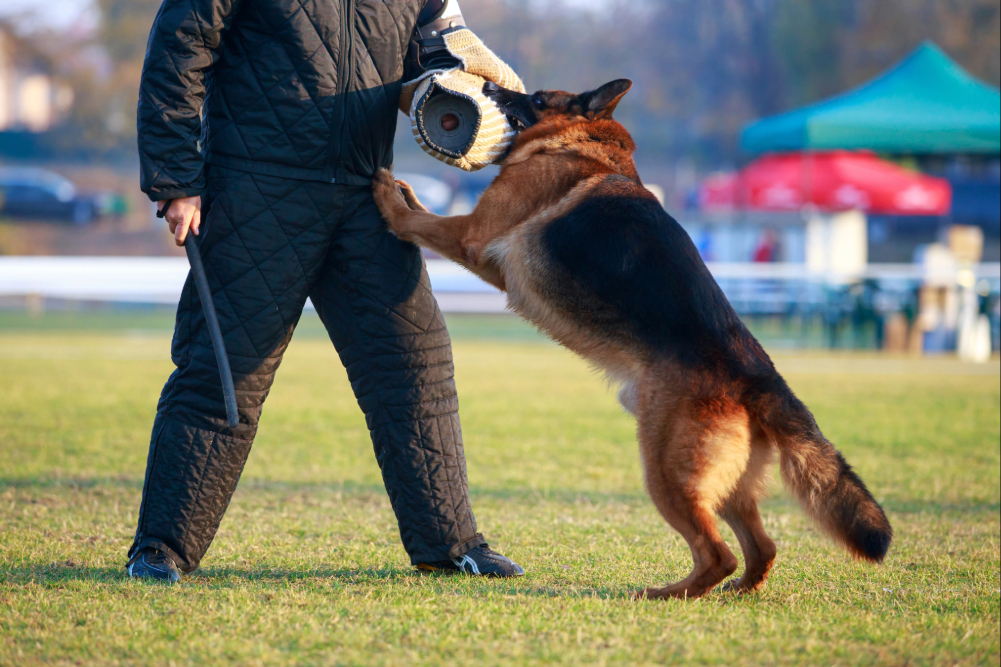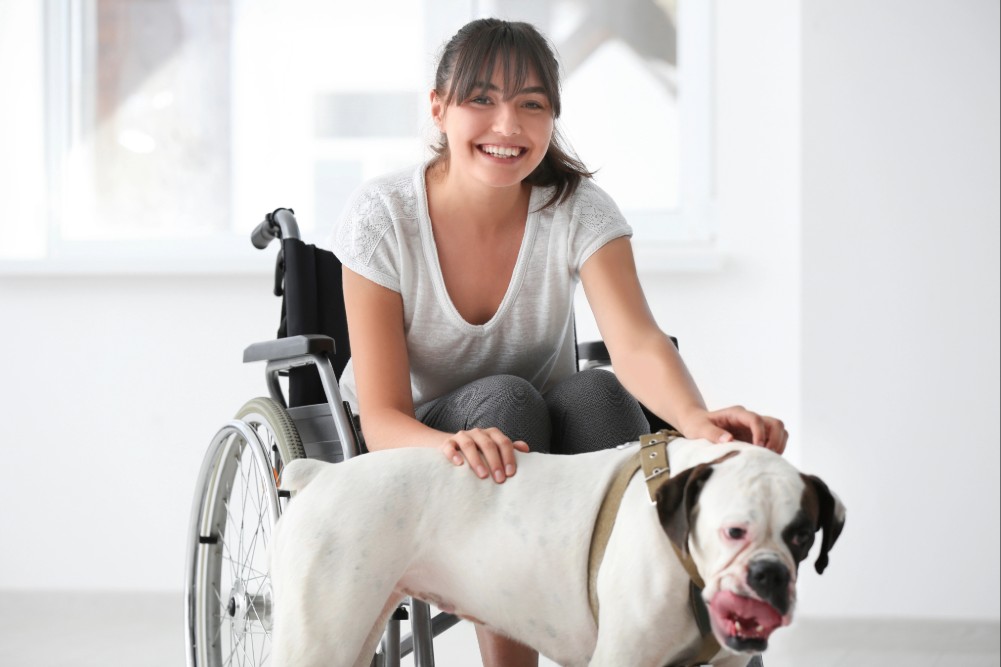
Obedience training for dogs is a fundamental aspect of building a healthy relationship between a dog and its owner. It helps to establish clear communication, making sure that your dog understands the desired behaviors. A structured obedience program can greatly improve your dog’s behavior and enhance everyday life, whether you are training a family pet, a service dog, or a protection dog.
Understanding Obedience Training for Dogs
Obedience training for dogs focuses on teaching basic commands needed in daily life. Commands such as "sit," "stay," "come," and "leave it" form the foundation for more advanced skills. A well-structured obedience program creates routine and consistency in a dog’s life, which will help them become well-mannered, calm, and easier to manage.
Training is an ongoing process that requires consistency and patience. Dogs learn through repetition, and using positive reinforcement techniques can encourage them to repeat the desired behaviors. You may have a puppy or an adult, but starting obedience training early can prevent behavioral issues later in life.
The Role of Positive Reinforcement
Positive reinforcement is one of the most effective methods in obedience training for dogs. Rewarding your dog immediately after completing a command with treats, praise, or toys encourages repetition of the desired behavior. This approach strengthens trust and builds a cooperative learning environment between the owner and the dog.
Results may take time, but consistent reinforcement allows dogs to respond to commands more reliably. Rewarding progress consistently strengthens the bond and makes training an enjoyable experience for both dog and owner.
The Importance of Consistency in Training
Consistency is key when it comes to obedience training for dogs. Dogs thrive on routine, and they need to learn that certain behaviors are expected at all times. Using the same commands and reward system during every training session will help your dog understand exactly what is being asked of them.
Inconsistency can confuse your dog and slow down their learning process. It can either be during training or in daily life, maintaining consistency helps reinforce the rules and makes sure that your dog knows what acceptable behavior is.
Basic Obedience vs. Advanced Training
Basic dog obedience training focuses on fundamental commands, while advanced training introduces more complex skills. Basic training teaches your dog how to behave in everyday situations. On the other hand, advanced obedience might include tasks like off-leash training or responding to multiple commands in a sequence.
As you progress with your dog’s training, the difficulty of tasks will increase, and your dog will need more focus and discipline. Some dogs may excel at basic training but require additional support to handle more advanced tasks, such as service dog training or protection dog training.
Training for Service Dogs
Service dog training is a specialized form of obedience training. These dogs are trained to assist individuals with disabilities, and their training focuses on specific tasks that help their owners. Service dogs must be highly obedient and responsive to commands. They are expected to perform tasks like retrieving objects, opening doors, or providing emotional support.
In service dog training, the relationship between the dog and their owner is central. Consistent practice and specialized commands are used to teach the dog how to support their owner in various situations. It is important to work with a trainer who understands the unique needs of service dog training.
Protection Dog Training
Protection dog training is a more advanced form of obedience training. This type of training is designed for dogs that will be used for personal or estate protection. Protection dogs must learn to follow commands with precision while also developing the instincts needed to protect their handler and property.
While obedience remains a priority, protection dog training incorporates elements like bite training, threat detection, and guarding. It is best to work with trainers who specialize in this field. Protection dogs require highly disciplined behavior so that they can be relied upon in high-stress situations.
The Role of Socialization in Obedience Training
Socialization is another important aspect of obedience training for dogs. Socializing your dog involves exposing them to different people, animals, environments, and experiences. This helps your dog become well-adjusted and confident in various situations, which can prevent behavioral issues like fear-based aggression or excessive barking.
Dogs that are not properly socialized can become anxious or reactive in unfamiliar settings. A well-socialized dog is more likely to be calm and obedient in different environments, making training easier and more effective. Socialization should start early, but it can be beneficial at any stage of a dog’s life.
Overcoming Behavioral Issues with Obedience Training
Obedience training can address many behavioral challenges. Dogs that pull on the leash, react aggressively toward other dogs, or struggle with separation anxiety can benefit from structured training. Rules and boundaries help dogs understand expectations and reduce problematic behaviors.
For dogs with more severe issues like aggression or fear, behavior modification may be needed alongside obedience training. Working with an experienced trainer can help address these challenges and create a more peaceful and manageable environment for both you and your dog.
Long-Term Success and Continued Training
Obedience training is not a one-time event. It is an ongoing process that requires regular reinforcement to maintain the skills your dog has learned. Continued practice and training sessions help make sure that your dog remains responsive to commands and well-behaved in various situations.
For long-term success, it is important to keep reinforcing your dog’s training throughout their life. No matter if you are working on advanced skills or simply maintaining basic obedience, ongoing training keeps your dog engaged and makes them remain well-mannered.
Training with Controlled K9
If you are looking to start obedience training for dogs or need specialized services such as K9 training, Controlled K9 is here to help. With a customized training program, our expert trainers work with you and your dog to achieve lasting results.
For those of you who are interested in service dog training or protection dog training, we are dedicated to providing the best solution for you and your dog. For personalized guidance and to take the next step in your dog’s training journey, contact us at Controlled K9 today!




Comments